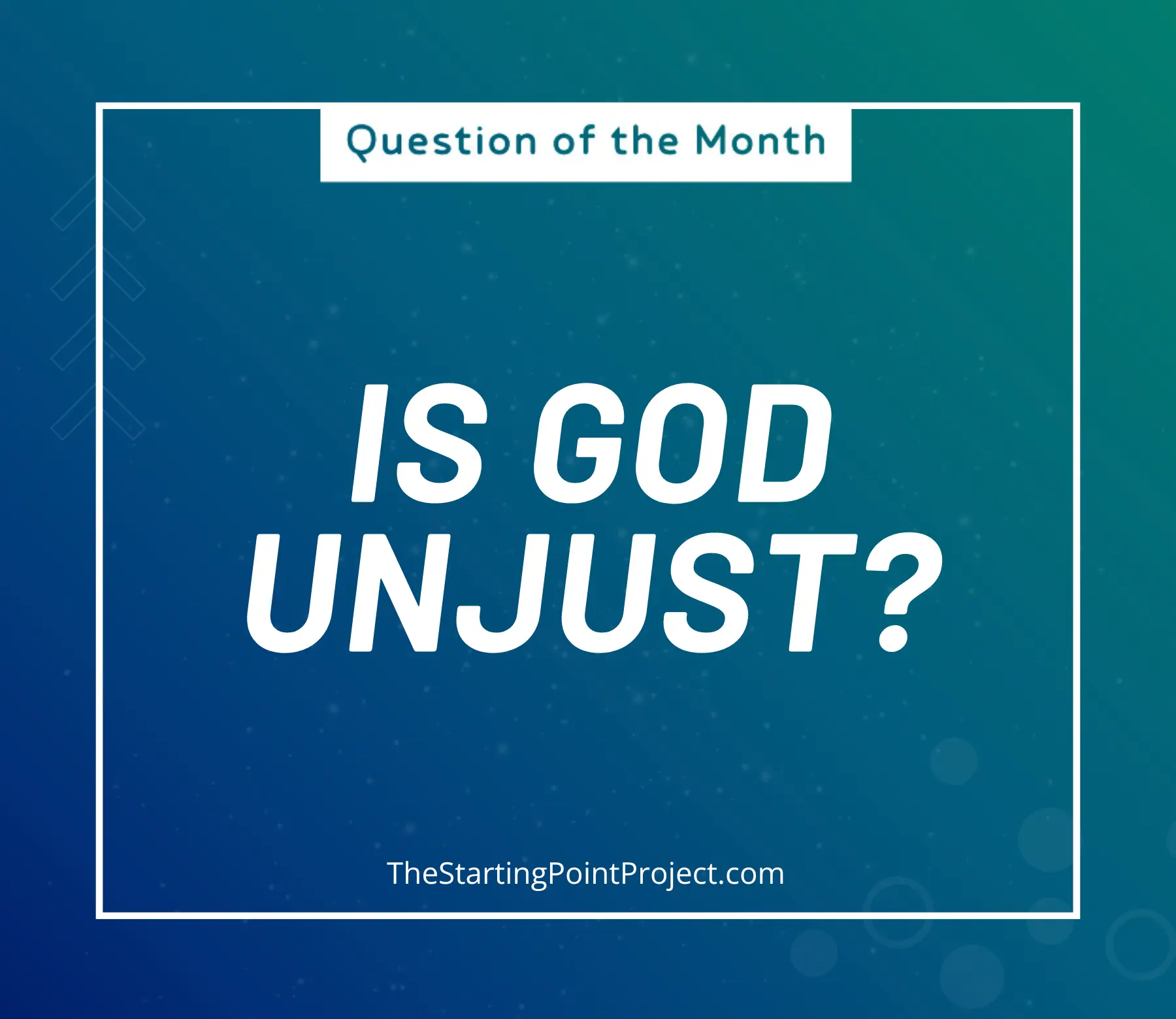Imagine watching an old western movie. Main street is uncommonly empty. Why? Because there’s about to be an epic showdown, a classic gunfight. The infamous villain and iconic hero are about to settle things once-and-for-all.
You’re on the edge of your seat, watching with great anticipation, and then something strange happens. The villain notices the hero’s gun and aggressively demands, “You can’t bring that into this fight!” Now imagine the hero saying, “OK, I’ll lay it down.”
You would be in shock. You’d be thinking, “What? Are you crazy?” Things certainly wouldn’t end well for our hero. In reality, this would never happen. No sane person would agree to such a demand.
Interestingly, this scenario happens all the time, on a daily basis. No, not a gunfight at the “OK Corral,” but in a situation that’s more common to us. (I just thought of a pun related to the “OK Corral,” but I’m going to refrain from sharing it. You’re welcome!)
Christians regularly engage in conversations in which the skeptic says, “You need to leave your religion out of it!” All too often, the Christian capitulates by agreeing to go along with this common demand. Let’s take a look at exactly what this means.
First, a quick but extremely pertinent side note— when I use the word “religion,” I am only doing so because it is often exactly what the skeptic says. You might be surprised, but I’m actually not a religious person. How so? Religion is just man’s idea of God. There are so many different religions because there are so many different people. They all have their opinion regarding who God is, why we’re here, and what happens to us when we die.
The Bible, on the other hand, is God’s idea of God. So, while I say I’m not a religious person, I do believe the Bible from cover to cover. Christianity is solely premised on the Bible being the only written revelation from God. It’s not about “rules and regulations,” it’s about having a personal relationship with God through faith in His Son Jesus Christ.
With that in mind, I wish to address things from the standpoint of the skeptic asking us to “leave the Bible out of this.”
We’ve addressed “starting points” quite a bit in the past, including their importance. As a part of our starting point, Christians believe the Bible is the inerrant, inspired Word of God. Skeptics believe the Bible is not the inerrant, inspired Word of God. The skeptic wants you to leave your view out while they keep theirs! They don’t believe the Bible, so they don’t want you referencing it. They will argue from the standpoint that the Bible is not the inerrant, inspired Word of God. You, on the other hand, are not allowed to argue that the Bible is the inerrant, inspired Word of God. How is that fair? However, whether or not someone deems it to be fair, the more important point is that you have given up your only weapon! How can you possibly defend the Christian worldview (or anything related to it) without using the Word of God?
How should a Christian respond to such a demand? Try this. “We each have a starting point. It’s impossible not to have one. Instead of asking each other to give up our most basic, fundamental beliefs, it makes much more sense to clearly admit what they are and then argue from that standpoint.” You can continue by saying, “You believe the Bible is not the Word of God. I believe it is. Let’s admit this and then use these beliefs to defend our position regarding the topic at hand.”
For example, you may get into a heated conversation about abortion covering all sorts of topics: a woman’s right to choose, circumstances leading to the pregnancy, or the inability to care for the child. If you say abortion is wrong because the Bible says so, the skeptic may say, “But I don’t believe the Bible.” Bingo! That’s the real issue! Most skeptics will agree that you have a valid viewpoint IF the Bible is actually true. In other words, they would be saying, “If I believed the Bible, I would have your same viewpoint.” That should make it very clear this isn’t a matter of discussing statistics or psychological studies, etc. It’s a matter of acceptance or rejection of God’s Word.
I’m not saying it’s never appropriate to discuss other details, just that the ultimate issue is one’s belief about the Word of God. I often get into discussions involving very technical details of a particular issue, but the main thrust is always to convey further evidence for the validity of Scripture.
As an additional point, even if you convinced someone not to have an abortion because they may experience grave depression in the future or that you can find help with caring for the baby, you haven’t really solved the problem. You’ve only applied a temporary band-aid. A relationship with Jesus Christ is the only real solution, and that involves sharing God’s Word with others, allowing the Holy Spirit to do the “heavy lifting,” as I always say.
There’s power in God’s Word, even for those who don’t believe one word of it! Isaiah 55:11 promises that God’s Word will never return void. Either it will be used to convict and convert, which is certainly what God desires, or it will be used to condemn, meaning they heard the truth but chose to reject it. We’re just the messenger delivering good news (hopefully in a gracious, caring manner), to a lost and dying world.









